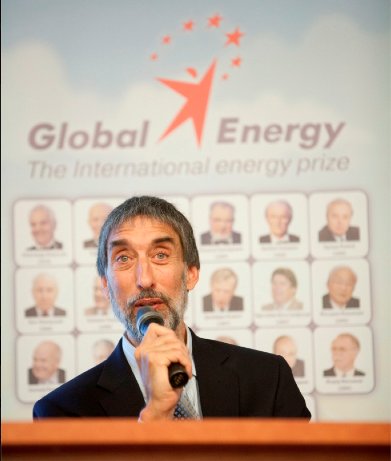by Tom Blees
 Despite the challenges of the past 12 months, the Science Council for Global Initiatives has continued working to help find solutions to the world’s greatest long-term threats, climate change, pollution, and global poverty. While we fell far short of our hopes for the year, we made progress on a couple of fronts and find reasons to be optimistic about 2021.
Despite the challenges of the past 12 months, the Science Council for Global Initiatives has continued working to help find solutions to the world’s greatest long-term threats, climate change, pollution, and global poverty. While we fell far short of our hopes for the year, we made progress on a couple of fronts and find reasons to be optimistic about 2021.
The covid19 pandemic has been a human tragedy of historic proportions. In addition to the widespread loss of life, long-term morbidity, and economic costs, it was a glaring demonstration of our governing institutions’ lack of global perspective and cooperation. It underscores the need for organizations like SCGI. We continued our efforts to educate the public, encourage private enterprise, and advise government leaders.
We have made progress with our government leaders. Although overshadowed by more recent events, 10 Democratic candidates for President of the United States spoke at length about the threat of climate change and the need to invest in clean energy. While SCGI directly advised only one of the candidates, we actively participated in multiple forums that contributed to the platforms of many of them. In a major ground shift, several of the candidates specifically promoted the need for nuclear energy, which in turn prompted discussions in the news about growing support from younger generations. The importance of our advocacy has never been greater.
SCGI continues to promote a nuclear power startup called Thorcon which has the potential to both help developing nations and fight against climate change by building power ships to distribute electricity. Although the pandemic limited our ability to meet in person, I was able to advance the Thorcon project with Sergey Brilev, the new president of the Russian organization that sponsors the annual Global Energy Prize. He quickly grasped the incredible potential of cooperation between our countries and together we have been working to put all the necessary pieces into place for that project to move ahead. Articles and a video interview of my work with Sergey are available here on SCGI’s website. Please check them out if you are not already aware of why we are excited about this project. It will be transformative.
Last week, I participated in a Zoom conference where the potential for these power ships was discussed at length. It focused on some of the other services that could be incorporated including the production of hydrogen, ammonia, and fresh water. These additional power demands would allow the ships to balance the variable demand for electricity and gain the efficiencies of operating continuously at full power. One of the participants at that conference was a representative of the Electric Power Research Institute. EPRI is the electricity industry’s primary think tank and research organization. They recently studied the game-changing claim that power ships like the Thorcon design could be constructed for as little as a dollar per watt. The report that they will be publishing next month reveals their conclusion: Such ships could be built for between eighty cents and one dollar per watt. That’s even cheaper than the original assertions.
The main question now is not whether this can be done, but which country will do it first. A lot of people interested in nuclear power have been pushing the U.S. Nuclear Regulatory Commission to expedite advanced reactor design and development, but the NRC still presents major hurdles to companies hoping to bring any new design to market, even designs that are simply evolutionary versions of our current light-water reactors. Consequently, SCGI and Thorcon have been evaluating the potential for other countries such as South Korea, China, and Russia to facilitate construction. Currently, Russia seems the most likely prospect in part because of SCGI’s long history of working to encourage collaboration on nuclear matters between our two countries.
As this historic year comes to a perilous end, we would like to thank all of you who have supported our efforts. We at SCGI hope that the encouraging prospects for the future of our work—and our planet—will help brighten the holiday season for you.
